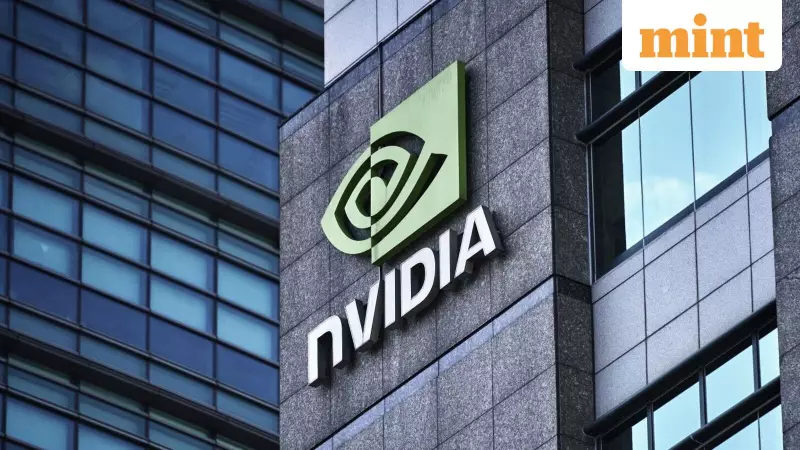
In a significant strategic realignment, Nvidia Corporation CEO Jensen Huang is turning his attention toward India's burgeoning technology landscape, joining forces with the India Tech Startup Alliance (ITSA) as China intensifies its restrictions on foreign artificial intelligence processors.
The China Conundrum: AI Chip Restrictions Escalate
The move comes amid escalating tensions in the global semiconductor arena, with China implementing sweeping bans on foreign AI chips across government agencies and state-owned enterprises. This development represents a substantial challenge for Nvidia, which has historically maintained strong business ties with Chinese technology firms.
The Chinese restrictions extend beyond mere procurement limitations, targeting the very architecture and manufacturing processes that power modern artificial intelligence systems. Industry analysts suggest this could reshape the global AI hardware landscape for years to come.
India's Rising Star in the Tech Ecosystem
Nvidia's partnership with the India Tech Startup Alliance signals a deliberate pivot toward one of the world's fastest-growing technology markets. The alliance brings together numerous Indian tech startups, venture capital firms, and academic institutions focused on accelerating innovation in artificial intelligence and semiconductor development.
"India represents not just a market, but a vital innovation partner in the new AI economy," industry observers note. The country's robust startup ecosystem, combined with its growing pool of engineering talent, positions it as an attractive alternative for technology giants facing headwinds in China.
Strategic Implications for Global Tech Leadership
This geopolitical tech shift carries profound implications:
- Supply Chain Diversification: Companies are reevaluating their dependence on Chinese manufacturing and markets
- Talent Acquisition: India's vast technical workforce becomes increasingly valuable
- Innovation Centers: New hubs for AI research and development are emerging outside traditional tech epicenters
- Market Access: Technology firms are balancing geopolitical considerations with commercial opportunities
What This Means for India's Tech Future
The collaboration between Nvidia and Indian startups could accelerate several key areas:
- AI Research & Development: Enhanced capabilities in machine learning and deep learning applications
- Semiconductor Design: Growth in chip architecture and specialized processor development
- Startup Ecosystem: Increased funding and technical support for emerging tech companies
- Global Competitiveness: Strengthened position in the international technology landscape
The timing of this partnership is particularly significant, coinciding with the Indian government's renewed focus on building domestic semiconductor capabilities through initiatives like the India Semiconductor Mission.
The Broader Context: Tech Decoupling Accelerates
Nvidia's strategic shift reflects a broader trend of technological decoupling between major global powers. As trade restrictions and national security concerns reshape international business relationships, technology companies are being forced to navigate increasingly complex geopolitical landscapes.
"We're witnessing the fragmentation of the global technology ecosystem," notes a technology policy expert. "Companies that once operated seamlessly across borders now face the challenge of maintaining multiple, sometimes conflicting, strategic partnerships."
The coming months will reveal whether Nvidia's bet on India's tech ecosystem pays dividends, potentially establishing a new blueprint for Western technology companies seeking to thrive in an increasingly divided global market.






